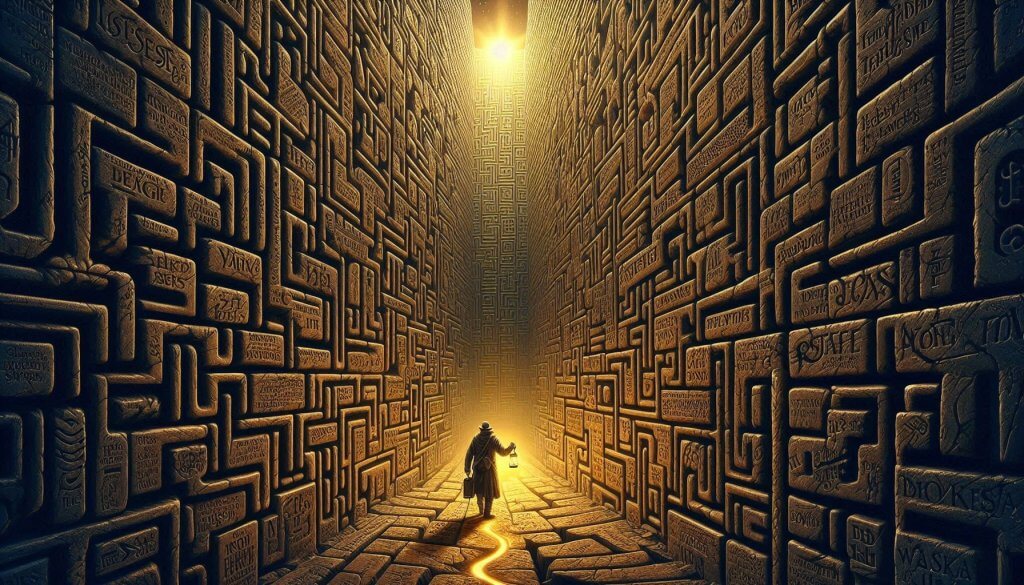
“Who Am I?” vs. “I AM”: The Contrarian Answer to Identity
Exodus 3 is one of the most countercultural passages in Scripture.
Moses, standing before the burning bush, asks the question that haunts all of us in moments of doubt:
“Who am I that I should go to Pharaoh and bring the Israelites out of Egypt?” (Exodus 3:11)
It’s an identity crisis in real time. He sees himself as small, inadequate, unqualified. And in our world, the answer to that question usually comes in the form of motivational mantras:
- “You’re enough.”
- “You have what it takes.”
- “Believe in yourself, and you can do anything.”
But God’s answer is strikingly different. He doesn’t build Moses up with flattery. He doesn’t inflate his ego or reassure him with self-affirmation. Instead, He declares:
“I AM WHO I AM… I will be with you.” (Exodus 3:14)
Moses’s question is met not with a focus on him, but on God. Not with self-confidence, but with divine assurance. His adequacy doesn’t matter—God’s presence does.
This is deeply contrarian to what we’re fed in motivational culture:
| Motivational Mantra | God’s Way |
|---|---|
| Look inward for strength | Look upward for sufficiency |
| You are enough | I AM with you |
| Build confidence in yourself | Anchor confidence in God |
| Ego-driven action | Covenant-driven obedience |
The difference is profound. Self-affirmation can crack under pressure. Divine assurance never fails. Moses didn’t need to feel powerful—he needed to know God was powerful, and that God was with him.
For us today, the lesson is clear. When you feel “not enough,” when doubt or fear paralyze you, the biblical response isn’t pump yourself up. It’s: turn toward God, remember who He is, and step forward anchored in His presence.
Your identity, your calling, your courage—none of it rests on your adequacy. It rests on His: the unshakable, eternal “I AM.”
✨ Reflection Question:
Where are you seeking confidence in yourself, when the invitation is to anchor in God’s sufficiency?






Responses